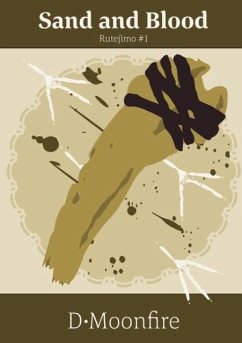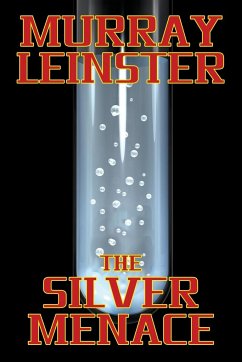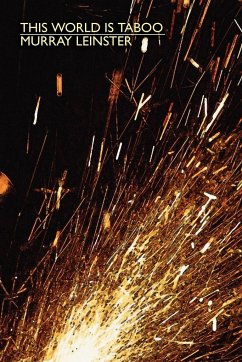
Planet of Sand
Versandkostenfrei!
Versandfertig in 1-2 Wochen
11,99 €
inkl. MwSt.
Weitere Ausgaben:

PAYBACK Punkte
6 °P sammeln!
False charges led to Stan Huckley's imprisonment aboard the Stallifer. When he gets his chance to escape, clear his name, and win the love of woman he adores-and kill Rob Torren, who put him in prison-it's a gamble he's willing to take. But before justice can be served, he has to survive the wilds of space . . . and the hazards of the PLANET OF SAND!














